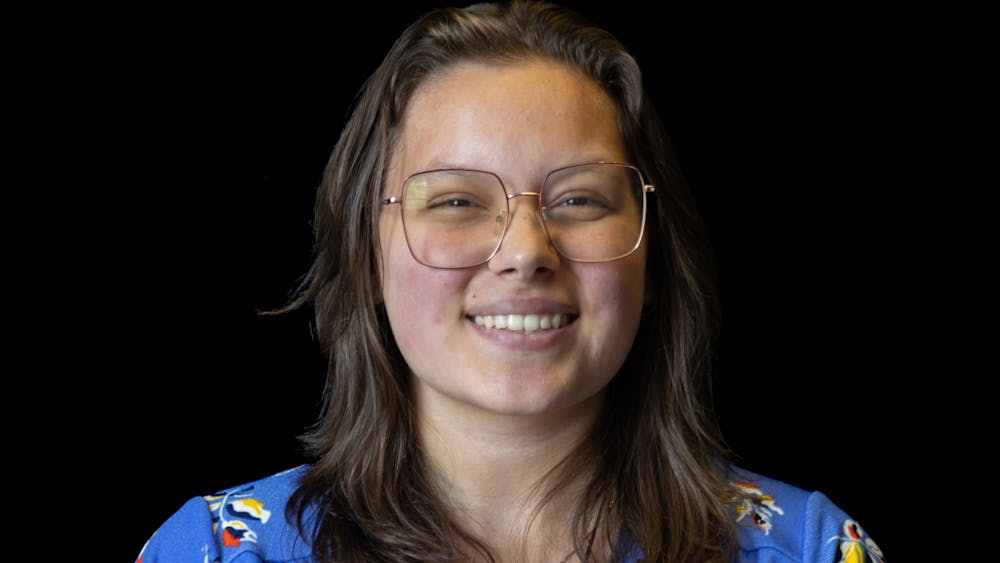Defendants appeal judge's decision to deny motion in Levitt case

Mount Pleasant Attorney Todd Levitt, right, is accusing the defendants of libel and slander, false light invasion of privacy, intentional interference with business expectancy, civil conspiracy, infliction of emotional distress and reckless conduct due to a story written by Lisa Yanick-Jonaitis and published by The Morning Sun.
Defendants in Todd Levitt's ongoing libel complaint are seeking an appeal of Isabella County Chief Judge Paul Chamberlain's order to deny summary disposition.
Local newspaper The Morning Sun, the paper's parent company Digital First Media, and community engagement editor Lisa Yanick-Jonaitis, represented by Bloomfield Hills attorney Robin Luce Herrmann, filed a petition with the Michigan Court of Appeals on Jan. 4. They believe the court was wrong in deciding that a story published by the newspaper is not substantially true and that the fair-report privilege did not apply. The appeal also argues that the court should have dismissed Levitt's claims because he failed to meet pleading standards.
"This is a defamation action against newspaper defendants that implicates core First Amendment principles," the appeal states. "This Court has repeatedly emphasized that early summary disposition is an essential tool for vindicating First Amendment rights."
The civil lawsuit stems from news coverage of a defamation lawsuit brought by Levitt against then-Central Michigan University senior Zachary Felton for creating a Twitter account that parodied him. Levitt's complaint was filed about a story written by Yanick-Jonaitis and published by The Morning Sun, which details statements Levitt made in court during a hearing in the Felton case.
Titled "Mt. Pleasant lawyer suing student admits to fake award, marijuana tweets," the story states that Felton's defense stated that "Levitt himself created the website topcollegelawyers.com, and then proclaimed himself 'College Lawyer of the Year,' and used the manufactured award to promote himself."
Fair-Report Privilege
Levitt claims four statements made in the story are untrue, while the defendants believe Levitt's claims should be thrown out because the media is immune from defamation claims based on fair and true reports of official proceedings. The heart of the case revolves around if Levitt explicitly stated that he admitted the award was fake.
"The gist or sting of the (story) is that Levitt created an award and gave it to himself," the appeal states. "Any reasonable person would conclude that Levitt 'made up' a 'fake' award upon learning that he created the website, was the first and only recipient of the award, and used the website to market himself."
Chamberlain found in his order to deny summary disposition that while Levitt never admitted creating a fake award, the gist of Yanick-Jonaitis' article falsely gives readers the impression that he did.
"There is quite a difference between an allegation by (Felton) that (Levitt) created a fake award and an admission by (Levitt) that he did so," Chamberlain said. "It is undisputed that (Levitt) never made such an admission."
Herrmann argues in the appeal that because the essence of the story is not materially false, it is constitutionally-protected speech. The appeal states that the story correctly describes legal proceedings in Levitt v Felton, and that Levitt admitted he created topcollegelawyers.com. The appeal also provides screenshots from Levitt's now-inactive account @levittlaw where he tweeted about cancelling classes, drinking and marijuana use.
The marketing website topcollegelawyers.com was created by Levitt, but the affidavits of Michigan lawyers Robert Piaziali, Joshua Jones and marketing professional Ryan Battishill state that "College Lawyer of the Year" was awarded to Levitt by an "independent committee." However, Levitt had previous business relationships with Jones and Piaziali, and had hired Battishall to create and launch topcollegelawyers.com.
"In other words, Levitt's own evidence establishes that he hand-picked a search committee that selected him as 'Top College Lawyer' before there were any other possible nominees," the appeal states.
Because these affidavits were submitted a year after the story was published, the appeal states that they could not have been part of the record the story reported on.
Level of Fault
The appeal states that Levitt's claims should be dismissed because he failed to specifically plead the level of fault that applies and provide facts supporting its existence.
"Levitt has voluntarily pleaded that the actual-malice standard applies, but he has failed to plead any facts that the newspaper defendants acted with reckless disregard for the truth," the appeal states.
Chamberlain wrote in his order that Levitt is not required to show actual malice to prove his defamation claim because he is not a public figure. A person can become a limited purpose public figure when they are drawn into a public controversy, however the court did not find that Levitt's previous lawsuit against Felton reached the level of "public controversy."
Defendants argue that the court should have dismissed his claims because Levitt's allegations are legally insufficient to state a claim, however Chamberlain previously ruled that Levitt did not admit that the actual malice standard is required.
On Dec. 23, the defendants requested an emergency motion to postpone the case until the the outcome of their appeal is decided, which Chamberlain denied on Jan. 4.
Levitt filed the lawsuit on April 23 against Yanick-Jonaitis, The Morning Sun, the paper's parent company Digital First Media, CMU College of Business professors James Felton and Kenneth Sanney and attorney Gordon Bloem, as well as five others yet to be identified who are listed as John or Jane Doe.
Levitt is accusing the defendants of libel and slander, false light invasion of privacy, intentional interference with business expectancy, civil conspiracy, infliction of emotional distress and reckless conduct. He is seeking $1 million in damages for each count.
A final pre-trial conference is scheduled for 1:30 p.m. on April 15 at the Isabella County Courthouse.




